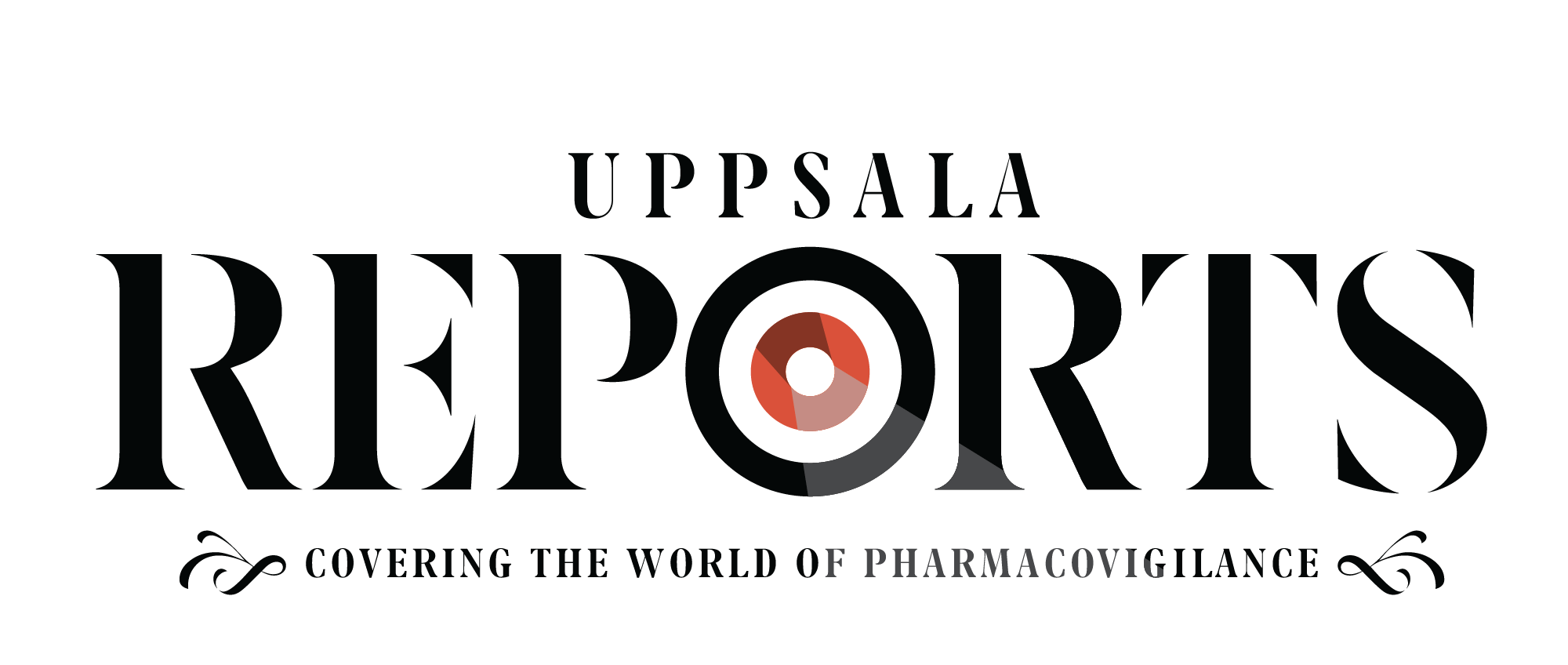
In the life-cycle of a medicine, there is a life before and a life after registration. This is the result of the strict separation between the pre- and post-marketing phases in regulatory systems. In pre-marketing research, there are all kinds of controls and restrictions. You could say that the medicine is still under the protective care of the pharmaceutical company, as a child would be under the care of its parents. At this stage, it hardly has any contact with the real world.
After growing up in this protected world, after registration, from one day to the next the medicine steps out into the real world where its existence is less controlled. It’s as if the medicine is treated as an adult already, while it would be more accurate to say that the medicine is still in puberty. And, as we all know, adolescents still have a lot of life lessons to learn.
Out in the real world the medicine is taken by a much larger and more diverse group of patients, compared to the previous controlled research conditions. For instance, it is used by a wider range of age groups, including older people. The medicine will also be used by patients with comorbidity in combination with other medicines. Some patients might get pregnant while using it. And, in real life, healthcare professionals and patients may also behave differently in prescribing and taking medicines, compared to the research conditions.
There is pressure to get a medicine on the market sooner, especially when there are patients in need. This means shortening the pre-marketing phase of a medicine, and allowing it to enter the real world – even in a pre-pubescent phase. Of course, everyone wants a new medicine to become available as soon as possible for all patients who could benefit from it. But we also want to be certain that patients do actually benefit from it, and we want to be aware of what the safety issues are, so that we can balance benefits and safety as soon as possible.
Therefore, instead of focusing on the challenge of how to introduce medicines to the market sooner, shouldn’t we focus on how to collect the necessary independent information on the efficacy and safety of a medicine sooner?
To achieve that goal, we should start recognising that a medicine goes through puberty. It would be better if the medicine has contact with the real world already in childhood, under public guidance, and makes its transition into adulthood more slowly. This approach could lead to a new system with a more step-by-step route, where a medicine is guided at an earlier age and for a longer period in the real world of daily practice. In this system it will be necessary to break down the wall between the pre- and post-marketing life phases of a medicine.




